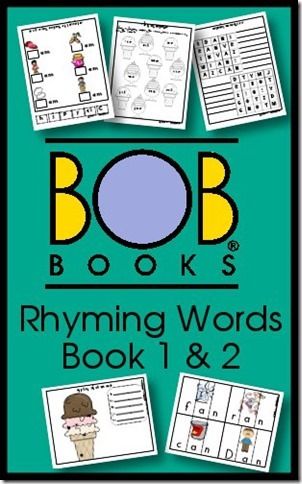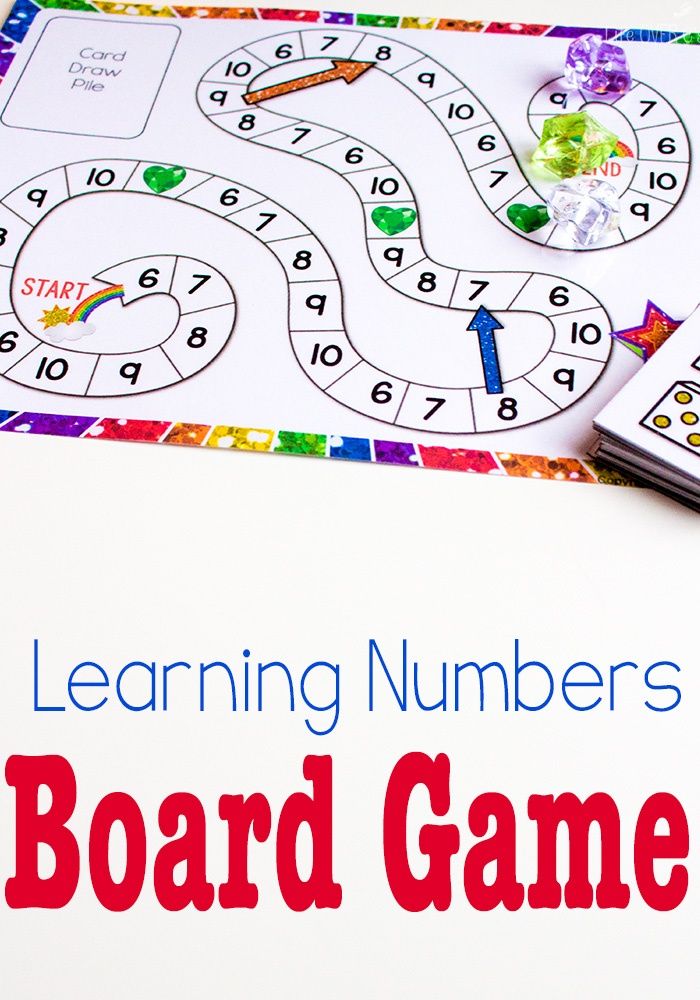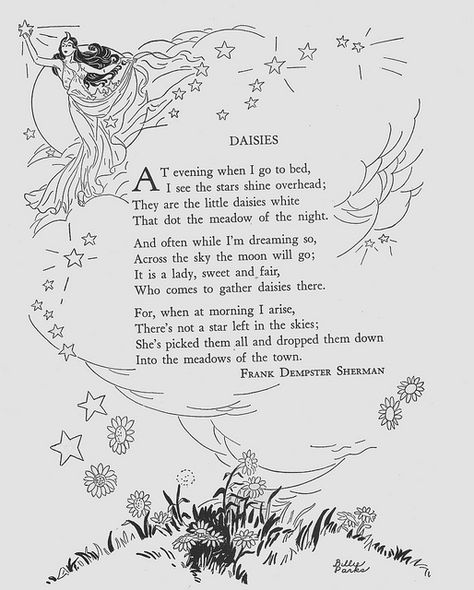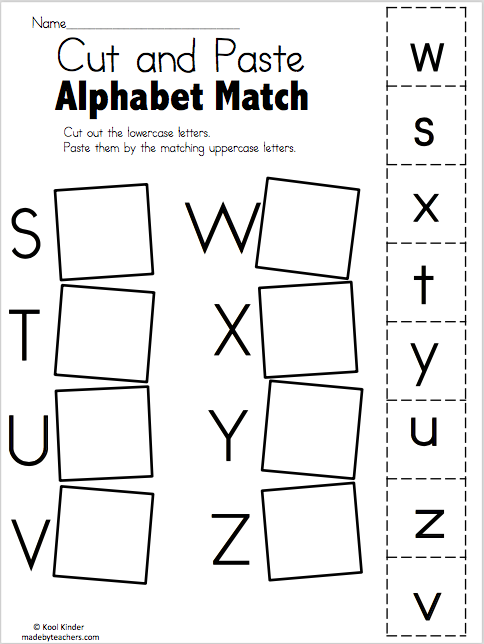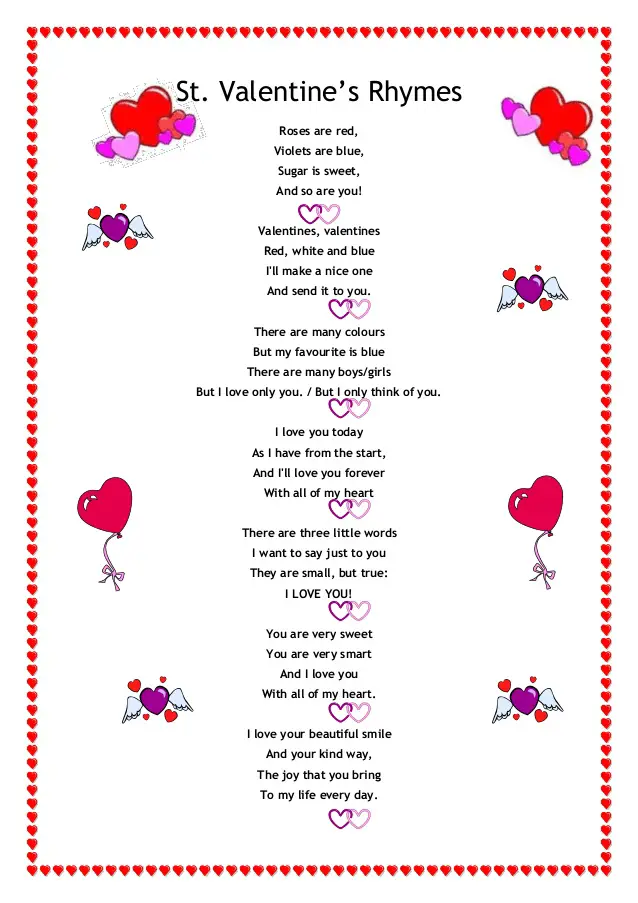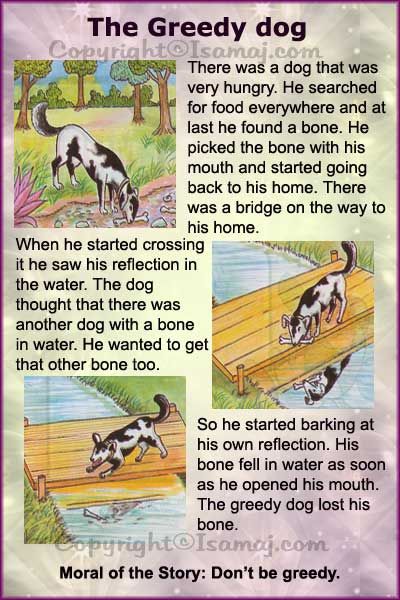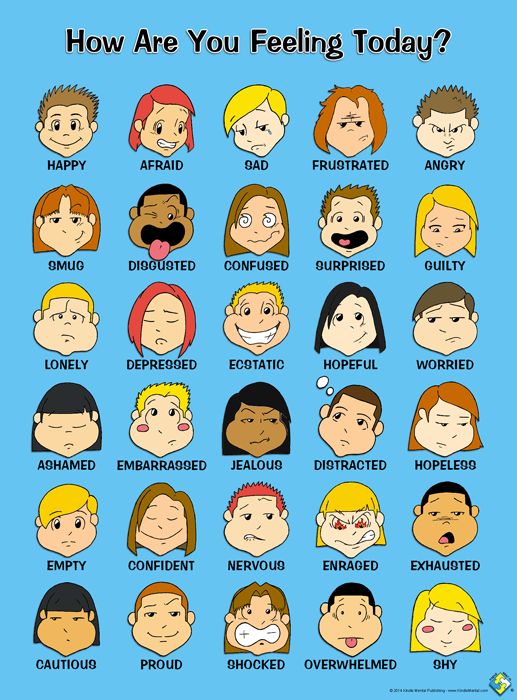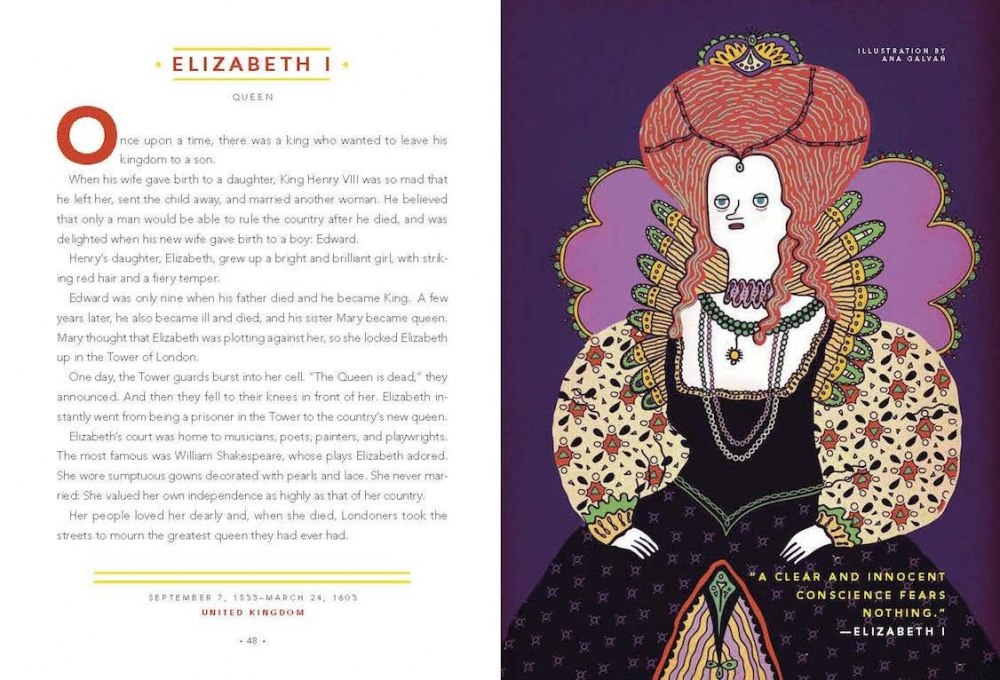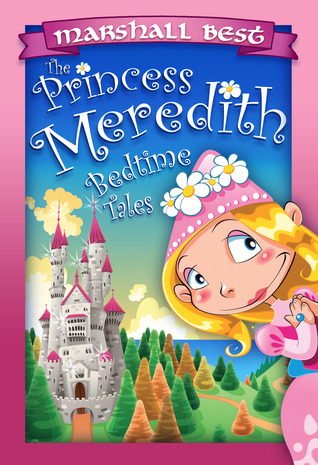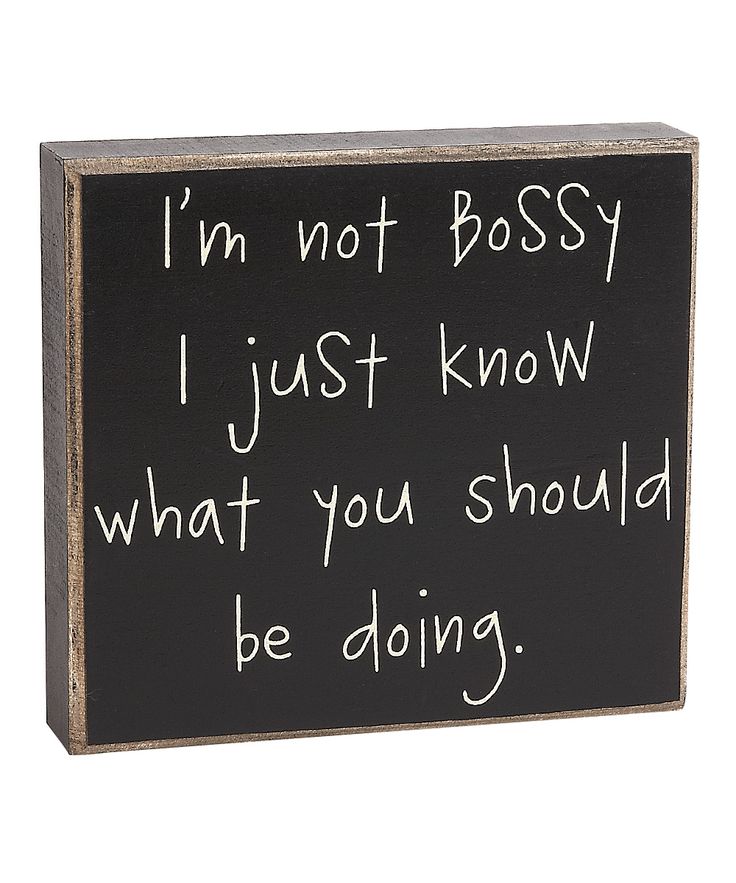Rhyming word for about
Words That Rhyme with About - About Rhymes
We found 85 rhyming words for About. These rhymes are great for any poet, rapper, singer, songwriter,etc who is struggling to find words that rhyme with about. You can click on the word you like for more information or for fun you can Unscramble about
Include Near Rhymes?
- Home
- Rhymes For About
We found 85 rhymes for About
You can browse the rhymes for About below. Click on any word to find out the definition, synonyms, antonyms, and homophones.
| Rhyme | Len. | Syllables | PoS |
|---|---|---|---|
| All-Out | 7 | 2 | adjective satellite |
| Bailout | 7 | 2 | noun? |
| Blackout | 8 | 2 | noun |
| Blowout | 7 | 2 | noun |
| Bookout | 7 | 2 | noun? |
| Bout | 4 | 1 | noun |
| Breakout | 8 | 2 | noun |
| Brownout | 8 | 2 | noun |
| Burnout | 7 | 2 | noun? |
| Buyout | 6 | 2 | noun |
| Checkout | 8 | 2 | noun |
| Clout | 5 | 1 | noun, verb |
| Cookout | 7 | 2 | noun |
| Crout | 5 | 1 | noun? |
| Cutout | 6 | 2 | noun |
| Devout | 6 | 2 | adjective satellite |
| Doubt | 5 | 1 | verb, noun |
| Doutt | 5 | 1 | noun? |
| Dropout | 7 | 2 | noun |
| Drought | 7 | 1 | noun |
| Dugout | 6 | 2 | noun |
| Eelpout | 7 | 2 | noun |
| Fallout | 7 | 2 | noun |
| Flout | 5 | 1 | verb |
| Fout | 4 | 1 | noun? |
| Gout | 4 | 1 | noun |
| Goutte | 6 | 1 | noun? |
| Grout | 5 | 1 | noun, verb |
| Handout | 7 | 2 | noun |
| Hangout | 7 | 2 | noun |
| Hereabout | 9 | 3 | noun? |
| Hideout | 7 | 2 | noun |
| Holdout | 7 | 2 | noun |
| Knockout | 8 | 2 | noun, adjective satellite |
| Knout | 5 | 1 | noun |
| Kraut | 5 | 1 | noun |
| Krout | 5 | 1 | noun? |
| Layout | 6 | 2 | noun |
| Lockout | 7 | 2 | noun |
| Lookout | 7 | 2 | noun |
| Lout | 4 | 1 | noun |
| Out | 3 | 1 | adjective satellite, noun, adjective, verb |
| Payout | 6 | 2 | noun? |
| Pout | 4 | 1 | verb, noun |
| Printout | 8 | 2 | noun |
| Prout | 5 | 1 | noun? |
| Pullout | 7 | 2 | noun |
| Readout | 7 | 2 | noun |
| Redoubt | 7 | 2 | noun |
| Reroute | 7 | 2 | noun? |
Previous 1 2 Next
Advertisement
Synonyms of About
- Well-Nigh
- Rough
- Virtually
- Somewhat
- Slightly
- Or So
- Roughly
- Just About
- Some
- Nigh
- Most
- Nearly
- More Or Less
- Almost
- Near
- Approximately
- Around
- Close To
- Round
- Closely
- Intimately
- Close
- To The Highest Degree
- About(Predicate)
- Astir(Predicate)
- Active
Antonyms of About
- Inactive
Homophones of About
No Homophones Found.
Helpful Info
These are word lists that we think you may find interesting.
- Longest English Words
- Most Common English Words
- History Of Rhymes
- How To Find Rhymes
Random words to inspire rhymes
- akai
- lydick
- arico
- reconnect
- romanov
- lemieux
- tusche
- unreality
- ken
- inghram
Random Words with Homophones
- tad
- curtsey
- defeminize
- entrepreneurs
- lerman
- leucocytosis
- catch
- practise
- bessie
- stocks
Rhymes | Rhymer.com
1. End Rhymes (blue/shoe)
Words with ending rhyme have the same final vowel sound and following consonant sound(s). For example, if you enter the word laughter under this option, Rhymer retrieves a list of words with the ending sound er (e.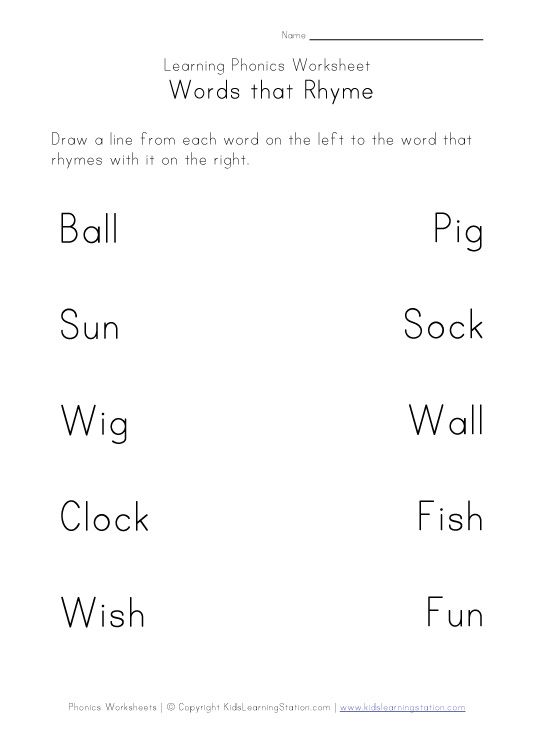 g., admirer, doctor, pleasure, scholar, watercolor, and were). Other examples of ending rhyme include:
g., admirer, doctor, pleasure, scholar, watercolor, and were). Other examples of ending rhyme include:
- hat/cat
- plate/eight
- marigold/buttonholed
This option lets you easily find exact rhymes (words in which the final vowel and consonant sounds are the same) and masculine rhymes (rhyming words with a stressed final syllable).
2. Last-Syllable Rhymes (timber/harbor)
Words with last-syllable rhyme have the same sounds following the last syllable boundary (commonly a consonant, a vowel, and another consonant). For example, if you enter the word explain using this option, Rhymer retrieves a list of words with the last syllable sound plain (e.g., aquaplane, biplane, plane, and plain). Other examples of last-syllable rhyme include:
- humanity/zesty
- threw/breakthrough
- pleat/complete
This option lets you find masculine rhymes and all other words with final syllables (stressed or unstressed) that rhyme with the word you entered.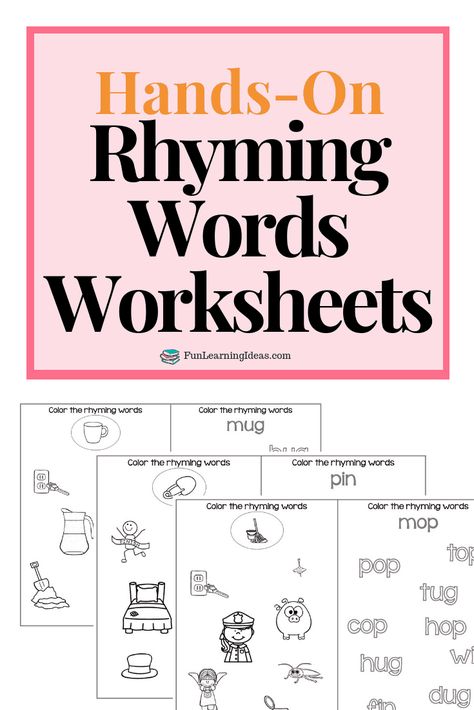
3. Double Rhymes (conviction/prediction)
Words with double rhyme have the same vowel sound in the second-to-last syllable and all following sounds. For example, if you enter the word soaring using this option, Rhymer retrieves a list of words with the sound oring (e.g., adoring, exploring, pouring, scoring, touring, and restoring). Other examples of double rhyme include:
- walking/talking
- humming/coming
- navigator/waiter
This option lets you find feminine rhymes (rhyming words with an unstressed final syllable). Words entered using this option must have at least two syllables.
4. Triple Rhymes (transportation/dissertation)
Words with triple rhyme have the same vowel sound in the third-to-last syllable and all following sounds. For example, if you enter the word combination using this option, Rhymer retrieves a list of words with the sound anation (e.g., explanation, coronation, destination, and imagination).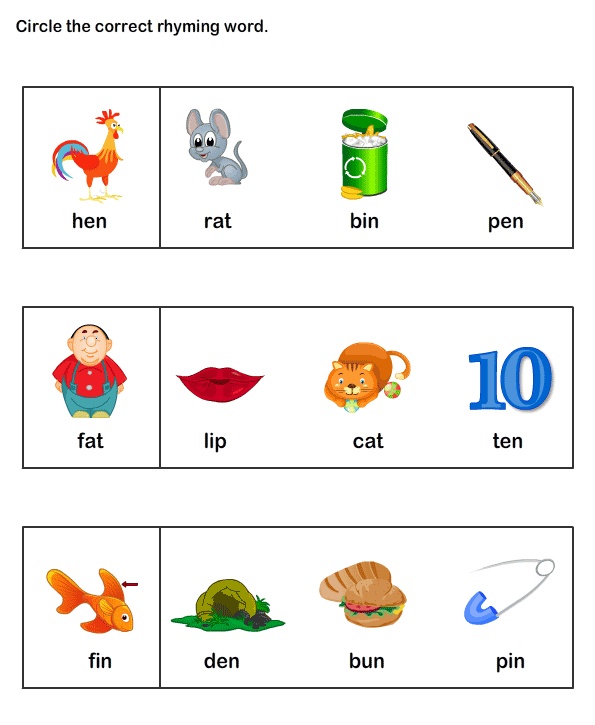 Other examples of triple rhyme include:
Other examples of triple rhyme include:
- antelope/cantaloupe
- greenery/scenery
- mightily/vitally
Words entered with this option must have at least three syllables.
5. Beginning Rhymes (physics/fizzle)
Words with beginning rhyme have the same initial consonant sound(s) and the same first vowel sound. For example, if you enter the word plantation using this option, Rhymer retrieves a list of words with the sound pla (e.g., plan, plaque, plaster, and plateau). Other examples of beginning rhyme include:
- scenery/cedar
- cat/kangaroo
- table/tailor
This option lets you find words with initial alliteration (the repetition of initial consonant sounds), initial assonance (the repetition of initial vowel sounds), and front rhyme (the succession of beginning sounds of words).
6. First-Syllable Rhymes (carrot/caring)
Words with first-syllable rhyme have the same sounds preceding the first syllable break.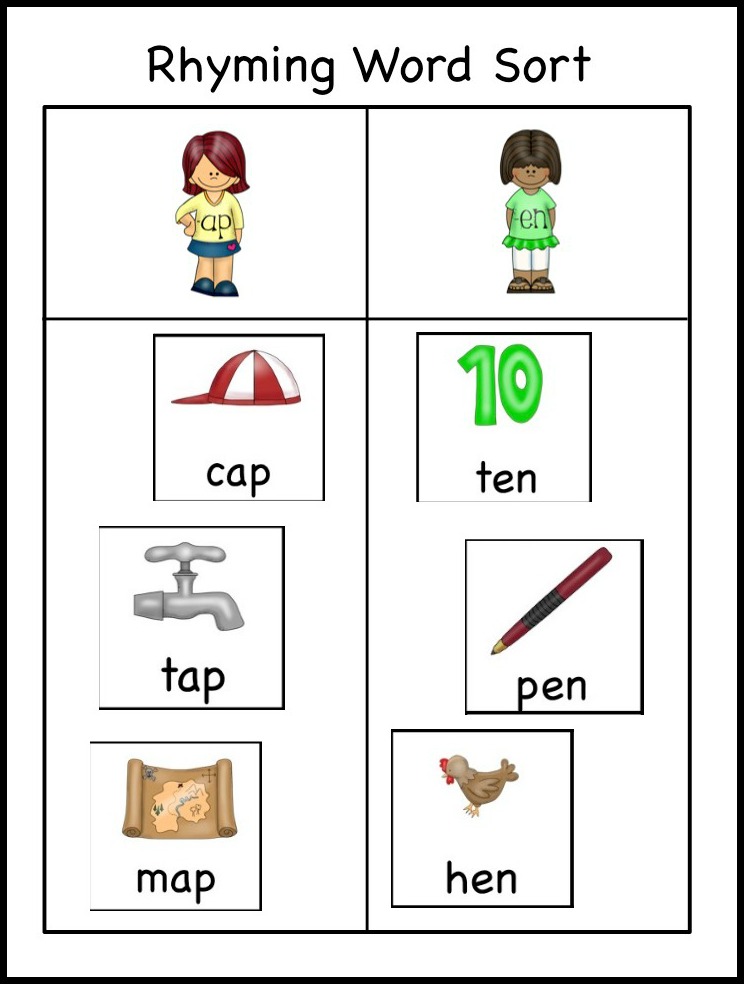 For example, if you enter the word explanation using this option, Rhymer retrieves a list of words with the sound ex (e.g., excavate, exhale, expert, and extra). Other examples of first-syllable rhyme include:
For example, if you enter the word explanation using this option, Rhymer retrieves a list of words with the sound ex (e.g., excavate, exhale, expert, and extra). Other examples of first-syllable rhyme include:
- pantaloons/pantomimes
- highlight/hydrant
- tulip/twosome
Top Ten Rhymes
- you
- me
- love
- life
- time
- day
- world
- heart
- now
- up
Browse Rhyming Words
- A
- B
- C
- D
- E
- F
- G
- H
- I
- J
- K
- L
- M
- N
- O
- P
- Q
- R
- S
- T
- U
- V
- W
- X
- Y
- Z
Online word rhyme generator
To find rhymes, enter the desired word and click the Match button. See a detailed video tutorial here.
You can search by names, fragments of words, and even by endings, specify the part of speech and select the number of syllables, to see the right word in the rhymes of Pushkin, Lermontov, Yesenin and Akhmatova!
1.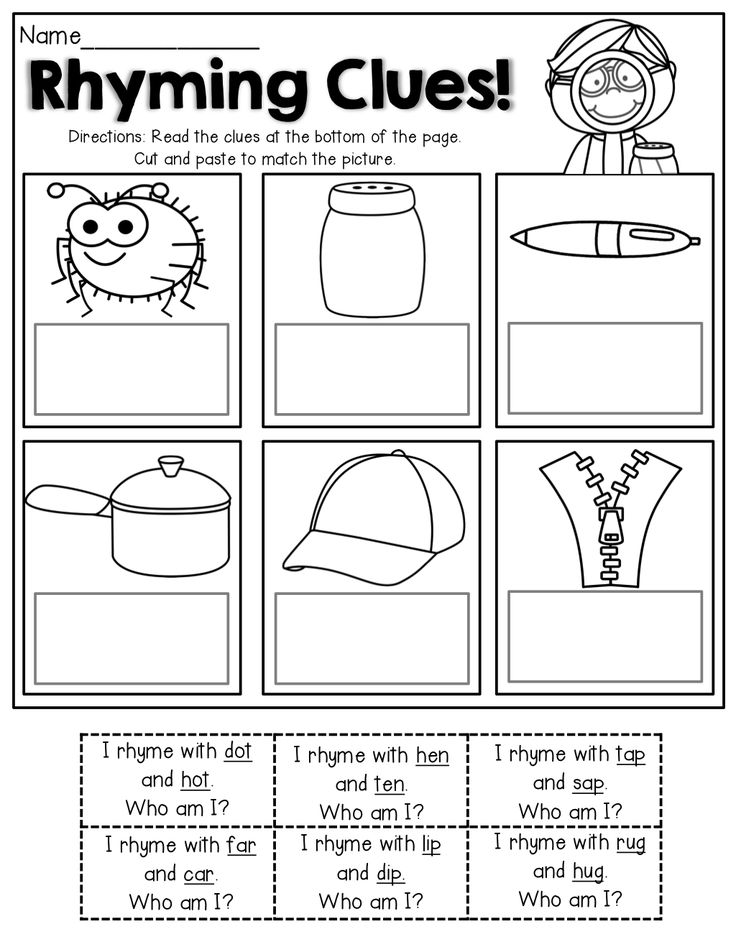 Enter the word to which you need to find a rhyme
Enter the word to which you need to find a rhyme
2. How to choose: Find rhyme in poets Pick from a dictionary
3. Choose the part of speech of the future rhyme (optional) any verb noun adjective adverb pronoun
4. Choose the number of syllables in the future rhyme (optional) no matter23456
Bookmark the site by pressing the key combination Ctrl+D to quickly open the service in the browser in the future. Click here to share this page on social media.
Rhymes with 'verses'
✔ The best rhyming words for 'verses': strokes - spirits - quiet - sins - dashing - tops - dilapidated - dusty - dry - bad - deaf - workshops - suitors - husks - not bad - shepherds - roosters - nonsense ... Only 99 rhymes.
Machi
mehi
psycho
sins
Quiets
Lugs
Czechs
Durab
LICH
VIGS
Spirits
9000020 Fly
Bruks
LIPS
SUPERS
crumbs 9000
reichs
fleas
blockheads
bronchi
rumors
laughs
dry
deaf
deaf and deaf
0003
Monarchs
Doctors
dislocations
exhale
jaundice
grooms
husk
Mesh
Putting
9000 9000 butts
flashes
fun
holes
devastation
Kazakhs
old women
nuts
staves
Armor
are good 9000 blunders
eras
airs
dirty tricks
interference
patriarchs
watchmen
famines
Pressules
Turtles
Sunflower
Cherymukhi
Dvivchikha
OFLUHERS
bustle
Almanacs
Sloks
Why are the rhythmes of the edition of the edition of the TRUMEF?
- Because the selection of rhymes takes into account the maximum possible consonance.
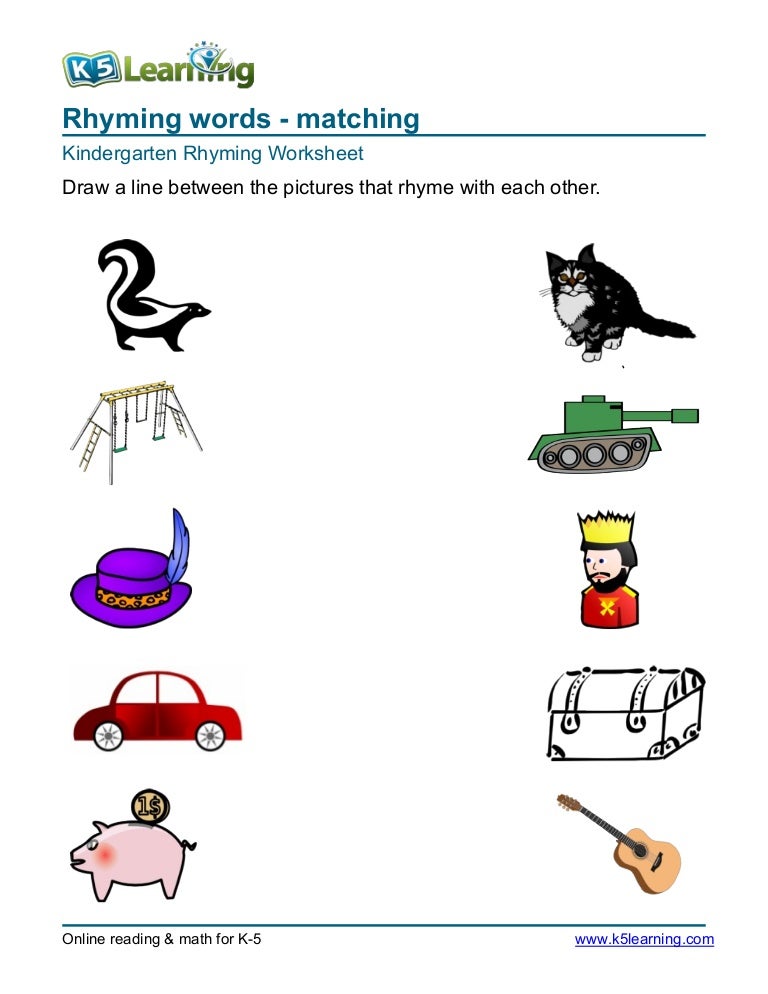
- Huge database contains more than half a million search words.
- The best rhymes are always at the top of the list.
- Accounting for the number of syllables, allows you to select the stress and adapt to the size of the verse.
- The choice of a part of speech for rhyme facilitates the construction of semantic content.
- A large number of proposed options allows you to build assonances and alliterations.
- The service page does not contain ads.
- Can be used on mobile devices: tablets or phones.
- A unique algorithm allows you to use endings, abbreviations and even made-up words to search.
- Antonyms, synonyms and anagrams can also be used to match rhymes.
- Remarkable feature: find the rhymes for the right word in the poems of the Great Poets.
- Our generator provides more features and works better than other dictionaries and poets' assistants, like rhymer, rhymer, rhymer, rhymer, rhymer and others.
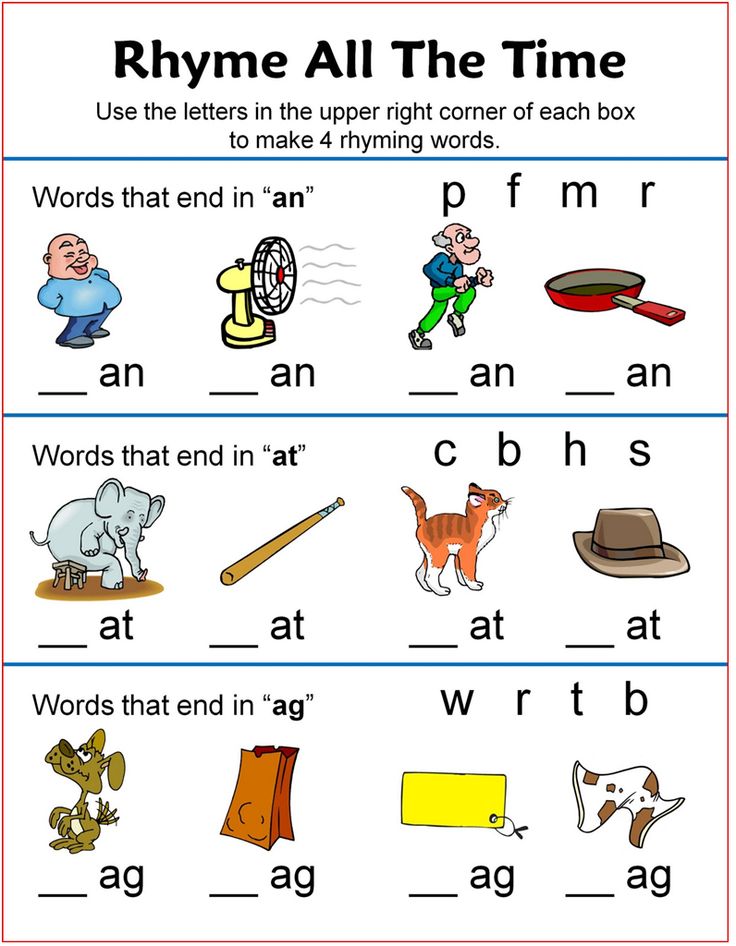
How to choose a rhyme?
The search for words in the works of great poets is carried out according to the editions of the 50-60s of the last century. As a result of the search, separate lines of various poems are displayed.
The video tag is not supported by your browser. Download the video.Please share information about our website in social networks:
A. Yu. Chernov. THE PHENOMENON OF RHYME AND "THE WORD ABOUT IGOR'S GUARD"
Forty years ago in the journal "Literary Education" my publication "Strokes to two portraits of rhyme" (1978, No. 5, pp. 176–184), a controversy was opened about the phenomenon of Russian rhyme and rhyme as such. The glove was raised by Mikhail Gasparov (“On a self-portrait of rhyming science”, p. 185), and in No. 6 there were responses from David Samoilov (“What is rhyme?” P. 162), Yuri Mineralov (“This classic modern rhyme”, p. 164) and D. S. Likhachev (“On the article by Andrey Chernov”, p. 168).
I tried to separate two concepts traditionally not distinguished by poetry - rhyme and verbal rhyme, consisting of a pair of consonant words (blood-love). At the same time, I understood rhyme as verse scholars understand it - as a sound repetition fixed in the composition of a poem in a certain place, but in rhyme I suggested seeing the psycho-aesthetic phenomenon of image metamorphosis with similar sounding.
Rhyming in a verse can be initial, internal or final. It can be realized not only by using verbal rhymes or rhymes, but also by using the simplest sound repetitions. (For example, monosyllabic, as in Old Norse poetry). But a completely different matter is verbal rhyme, a powerful psycho-aesthetic phenomenon in which, in the process of metamorphosis of consonant words, a new image or new meaning arises.
Studying the rhyme of The Tale of Igor's Campaign, I assumed that silent "b" and "b" in the poetic language of the 12th century could sound due to tradition, and discovered a number of bright semantic rhymes and rhymes (Svyatoslav / o - the golden word ; Igor / e - lake; team - amin / e).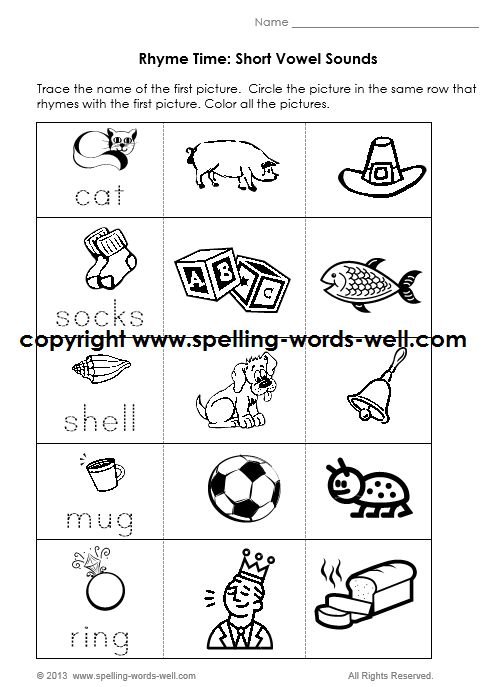 When they were pronounced, the effect of the famous “Plasticine Crow” arose (however, it had not yet been filmed): before our eyes, the janitor could turn into an ostrich, and the old woman into a pike. Only the transformation took place not visually, but by ear.
When they were pronounced, the effect of the famous “Plasticine Crow” arose (however, it had not yet been filmed): before our eyes, the janitor could turn into an ostrich, and the old woman into a pike. Only the transformation took place not visually, but by ear.
I think that, as a phenomenon, verbal rhyme is an ancient heritage of shamans and sorcerers, capable of reincarnating a name or endowing the listener with strength, or causing him irreparable harm. This is where children's teasers come from. After all, only by the consonance of the conditional Vovka can be turned into a wolf, and, say, Pashka or Sasha - into something worse.
In recent times, such an instrument of influence on the listener was used by Vladimir Mayakovsky, who practiced shamanism in the Bolshevik paradigm: "To make life from someone - from comrade Dzerzhinsky." But just like that, in rhyme, the ancient Russian poet extracted the golden word from the name of Svyatoslav of Kyiv. That's right, Igor, running from the plan, by consonance addressed him not to someone, but to an ermine: “And IGORE-Prince, jump MOUNTAIN (E) to the cane .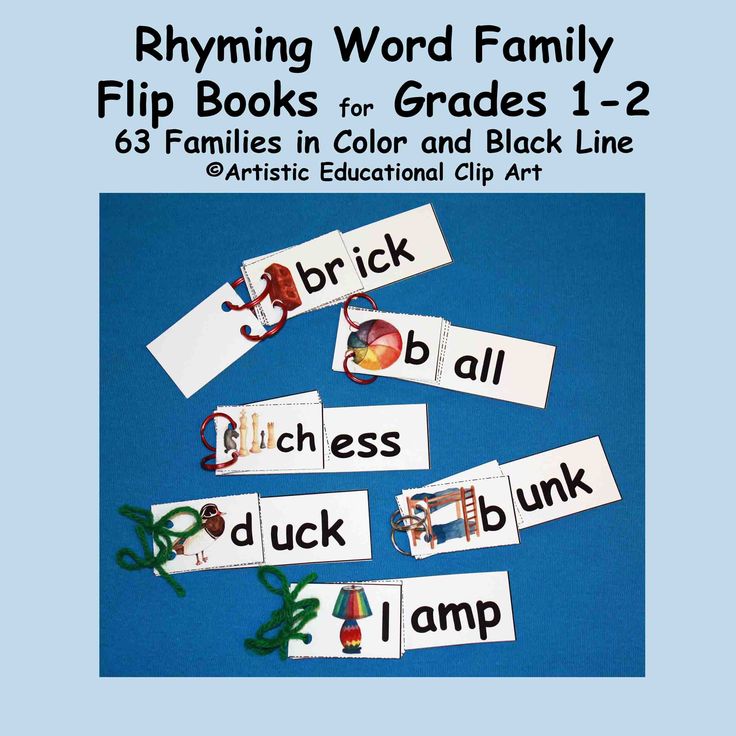 ..”
..”
Let's remember that the biblical world is created by a rhymed word. The book of Genesis begins with a rhyme: "Bereshit bara ..." Which is adequately conveyed in the Old Slavonic translation by assonance: "From the beginning, God created heaven and earth ..."
"The Word" is a single (for all 700 verses of the poem) sound repetition. From the point of view of the versification technique, the rhymes and alliteration of the "Word" have no analogues in contemporary Russian poetry.
The concentration of sound repetitions in the "Word" is so great that in some cases the verse fabric disturbed by a later copyist is capable of regeneration, of self-healing.
This note was written based on the results of many years of restoration work on cleaning up the text of The Tale of Igor's Campaign, which was carried out by the linguist S. L. Nikolaev. In the process of this work, he revealed two principles of the "Words" verse: the poem turned out to be written in unequal syllabotonics, and adjacent poetic lines were necessarily connected by at least one sound repetition. (Which greatly facilitates the memorization of the text. By the way, this is how the bottom of the boat is attached: the ship's hull boards are knocked together with wooden nails - non-gels; this is called a clinker assembly).
(Which greatly facilitates the memorization of the text. By the way, this is how the bottom of the boat is attached: the ship's hull boards are knocked together with wooden nails - non-gels; this is called a clinker assembly).
The principle of nonequisyllabic syllabotonics in Old Russian verses (Nikolaev also shows it on their other fragments that have miraculously survived to this day) is unlikely to be challenged. But the ancient syllabotonics is not as regular as ours. She, in my deep conviction, is not a scheme, but a tendency towards verse orderliness, and in a live performance it could turn into an accent, that is, tonic verse. Therefore, some elements of the reconstruction of S. L. Nikolaev can be challenged and clarified.
Let's not get distracted by grammatical rhymes:
Kotoyryi Dothech AShe - TAP ‹N ›ĕ are
or
on the stado‹ I ›child - on the alive ‹Sei› strugg ae ae ae.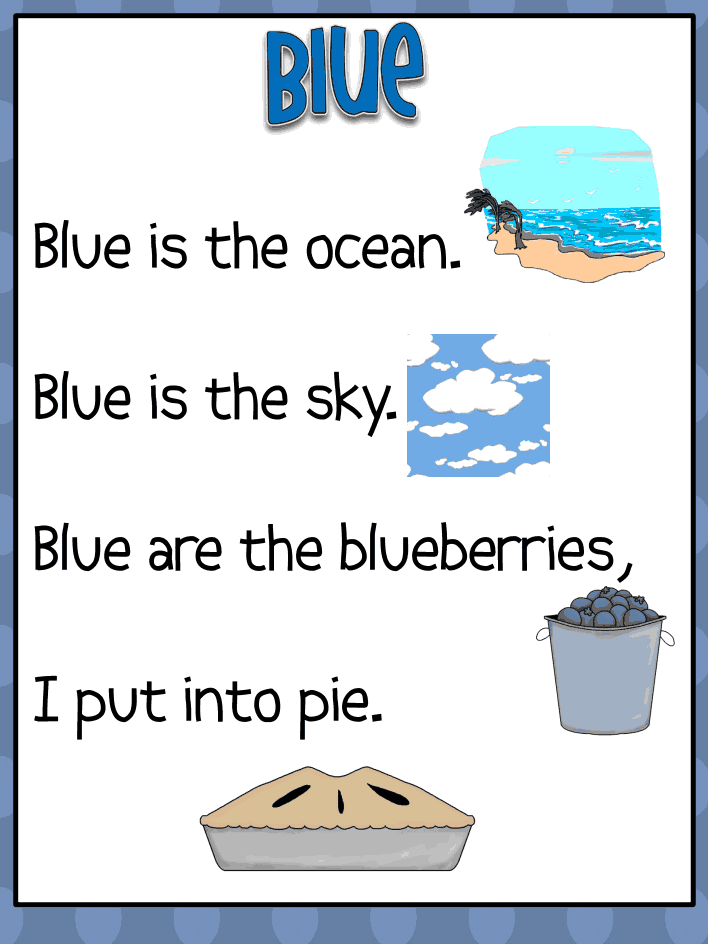 on their chains:
on their chains:
tempt - pr il omiti - apply - drink
And also on tautological rhymes (although the poet appreciates them):
to old Yaroslav
and
glory KME TI - P OD Truba m and PÒVI T ( II.1.112) to Samiti (II.3.6–7)
h ‹ĕ s› t ѝ and Zhi t A - РН ( g OV –15a)
tu si brother ro luchi sta – Tu K Rŏ WAVAGO WITH WITH StA (IV.1.19–21)
Velikoy MOL TI - A SÀMi U KOVA TI (IV.2.12–13)
God ‹› ›Go - Branda MOULE (VI.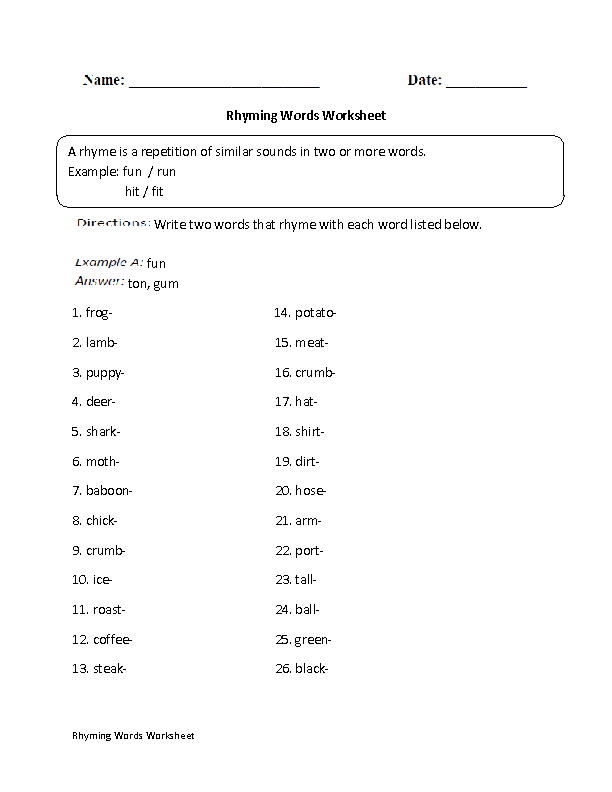 1.17–18)
1.17–18)
Polovtsi go òt D He is ‹U› - and Òt Sea and Othekh, Article O ›N ŏ (III.1.21–22)
‹ Bŏ ›Father tŏ r. nĕ - g ‹̀ro› de tm Tor Oka in (III.3.8–9
RADKO RA Taeva Ahut 922 ( RÀ nor g nor g nor g .3.27–8)
nothing less than tr e pati – a vŏ‹s›stona bo Brown E (IV.3.13–14)
DV ‹ѣ› С С nĕts ‹ѣ ѣ ѣ› Posrukosta - both bugndan Art OLPA to oli - m OL OL .3.12–13–14)
Vyu Churbr ‹Se ›Serpit c‹ ‹‹ ‹› - B ŏ cruel C mĕ haralza N ‹‹ ‹‹ - and in the boies of the hardware n ‹‹ - 9000 - 9000 - 9000 - 9000 - 9000 - 9000 - 9000 - 9000 - 9000 - 9000 -
sit down with the creator of my heart not (VI. 1.12–13–14–15)
1.12–13–14–15) Vsevolode - VOL GO VOSL RSSKROPI TI (VI.1.40–43)
V̀ Zlata ST RAMS ‹and› - For the Obit of RAMEN ‹E. VI. VI. VI. 11)
| VI.2.14 | Galician Osmomysle Yaroslav |
| VI.2.15 | sit high on your |
| VI.2.16 | gold-forged table |
| VI.2.18 | with their iron shelves |
| VI.2.19 | interceding the queen way |
| VI.2.20 | closing the Danube gate |
| VI.2.21 | swords ‹be›remen‹a› through clouds |
| VI.2.22 | courts near Dong |
| VI.2.23 | your thunderstorms over the lands flow |
VI.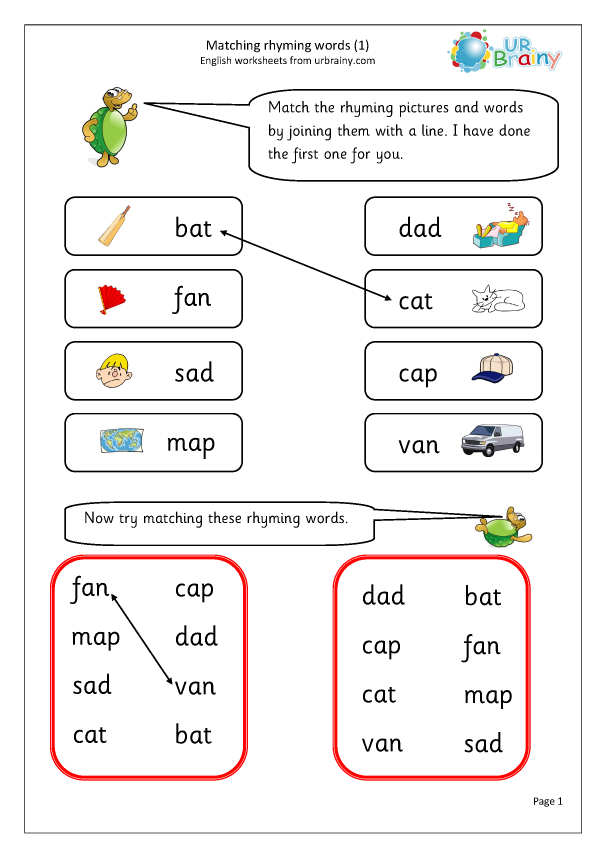 2.24 2.24 | gates |
| VI.2.25 | shoot from lats tables |
| VI.2.26 | salta outside the lands |
| VI.2.27 | shoot sir co mid ca |
| VI.2.28 | bad ko sh‹i› i |
and mŏno ‹‹ ›and С t Ràny - Physics SRO (VI.3.10–16)
of x‹ Oro ›Braza Elya - UNELS Yelia (VII.1.20–21)
‹and› Cŏ DU ‹T› T sha – more and more soul in friends tѣ̀lѣ – but often troubles Che O dòN Che (IX.1.6–7)
NOT BURT SOKOL TsAi - NOT NOT KREASED ICE - then to rely on Pt ITS White .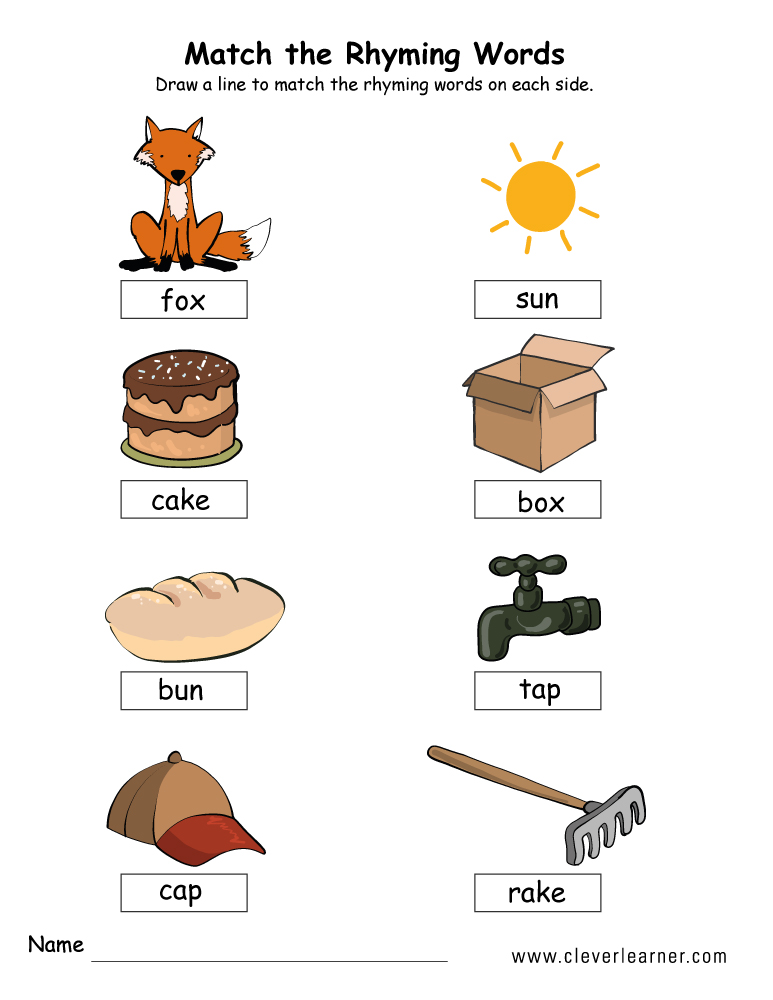 2.22–23–24)
2.22–23–24)
Catching
O RUS ĕs Kai Zemlya, for ›for› Shelomenim eSi - CE Three C TRIA (IIII.12/12/III.12/12/ )
emlyahu tribute by white from yard – t‹aya›bo twò Ùri (VI.2.1–2–6)
H Knyà (VI.3.15)
Out of KROVAS T ‹ rivers‹ OMA ‹OMA - Kril ‹Oma (VII.1.14–15)
Court of God YA E mini TI - ON TIT RUCĕsk‹ ѣ ‹‹ ›th (VII.2.38–3.1)
KOVILIA ro sound i - Yaro glorious early crying (VIII.1.25–26)
a I GOR ĕ princèz myself and - Mountains ‹‹ ›Stu‹ and ›Mĕ to three (VIII.3.1–2)
Durable Zmli (IX.1.24–25)
Rék ‹About hundred › Boyanŏ and Hodeyna Svylta,
PS ‹S.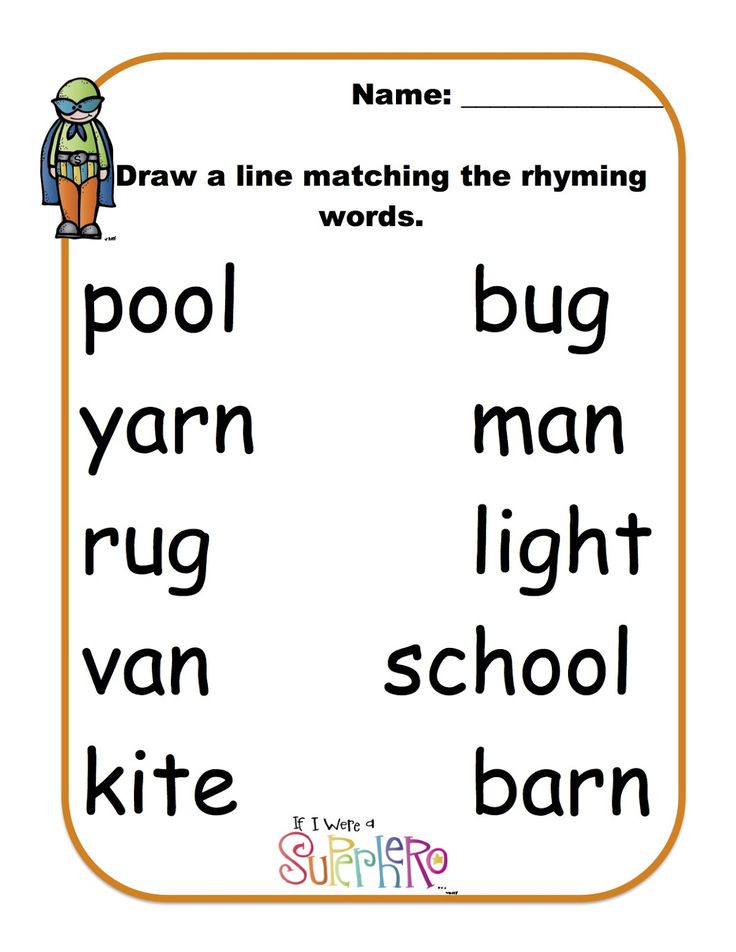 VE ›Veshrĕza sta Rago‹ ‹‹ ›(Ix.3.1–2) RAD
VE ›Veshrĕza sta Rago‹ ‹‹ ›(Ix.3.1–2) RAD
st
st
st
st
st
st
st
st
st
st
st
st
st
st. us for the sake of cities oars (IX.3.13)
glory to the prince and friendship INE AM INĕ (IX.3.22)
rhyme according to the start of lines
SA Black from ‹› Streni - Sà Skavvuta Skayvut (II.1.1.19000) - Polovtsi (III.1.19–21)
and their own dear want - minus years of Yaroslavl (III.2.16a–III.3.2).
matchmakers popoish a themselves pogosha (IV.1.23)
and Zh‹e› la – Sil - UE on the same m (IV.3.5–7–8)
Cher Noya Polois - Cherpa The wines (v.2.5–7)
AKYAD Gnzdo - Use Drandle Hula on praise - Use Tsnu N u ‹› A on the same time, Vera C ‹I› Dѝvŏ on Zemlyu (v. 3.21–23–23-23-23)
3.21–23–23-23-23)
se Rome ŏve – a Vo lodi m‹ѣ›r
Kril ‹ Oma › - U Òna (IV.2.5–6)
Remote grabbed
ŏ Zaja Dà zavorocha etĕ (IV.1.1–1.13–1.14).
Khinanova Litv a Yatvyazi dere Meal - À D ‹Era › In the Nymbologist , STRI (VI.3.11–16)
YATV - KN - KN - KN )
IMITATION OF HAND FIGHT
below for Rѣ for Reded (I.1.22)
HORSE RACE
| early in advance on the heels of the trample | |
| II.3.2 | filthy regiments of the Polovechs |
| II.3.3–4 | and rossush with arrows across the field |
| II.3.5 | Pomchasha red Polovechian girls |
II.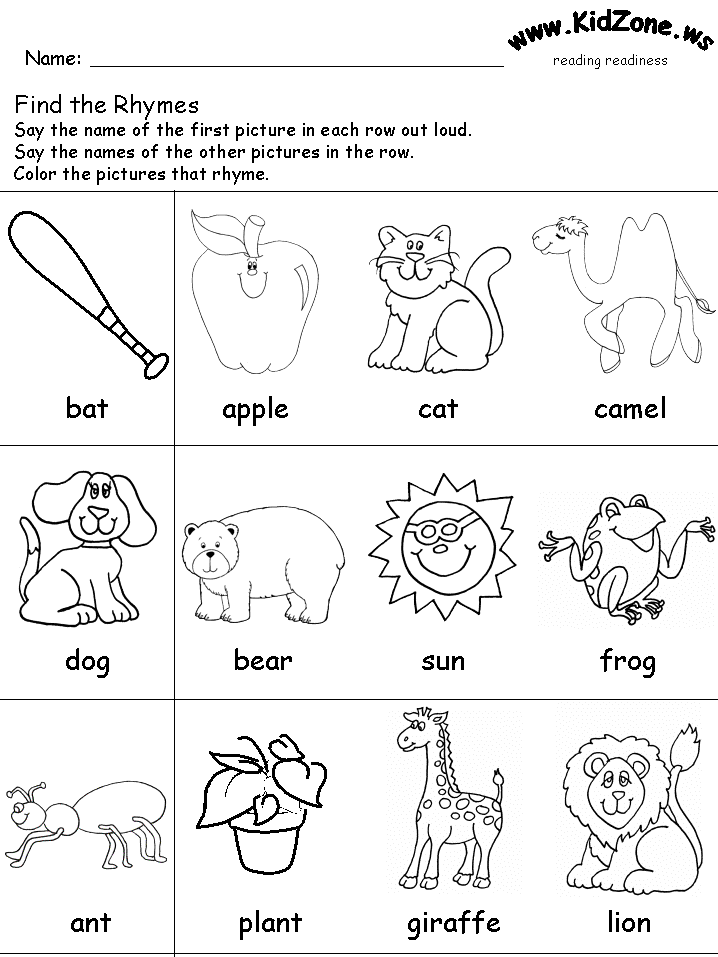 3.6 3.6 | and with them there are also curtains |
GRASS WHISTLE
| VIII.3.10 | if Igor falcon is flying |
| VIII.3.11 | then ‹O›vlurŏ volkomĕ flow |
| VIII.3.12 | true with i with fight with tudenu r òs y |
| VIII.3.13 | pretorg os tab o from howl |
| VIII.3.14 | Bor S |
WHOLE RAMENT Combat Tseps on Nemiga
‹and› Cŏ Duh ›T› › Young ‹ C ›‹ ‹ T.S. b || vѣ yu t dù shu òt tѣ la VII.2.14b–18
VOICES OF BIRDS AND SCRATCH OF SNAKE
| IX.2.4 | then don't lie, don't fucking |
IX.2.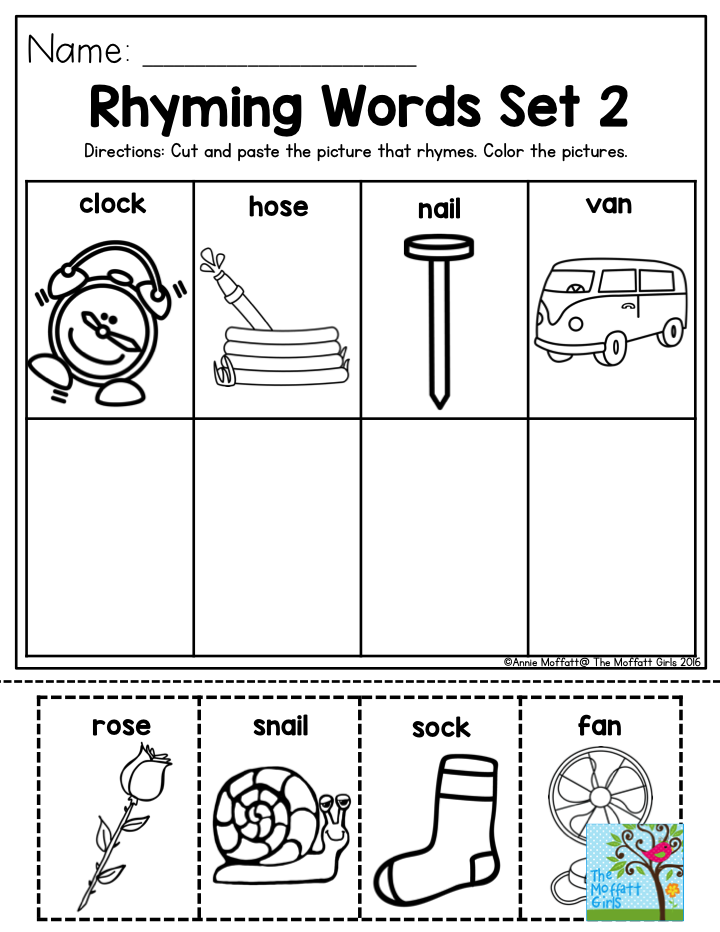 |

